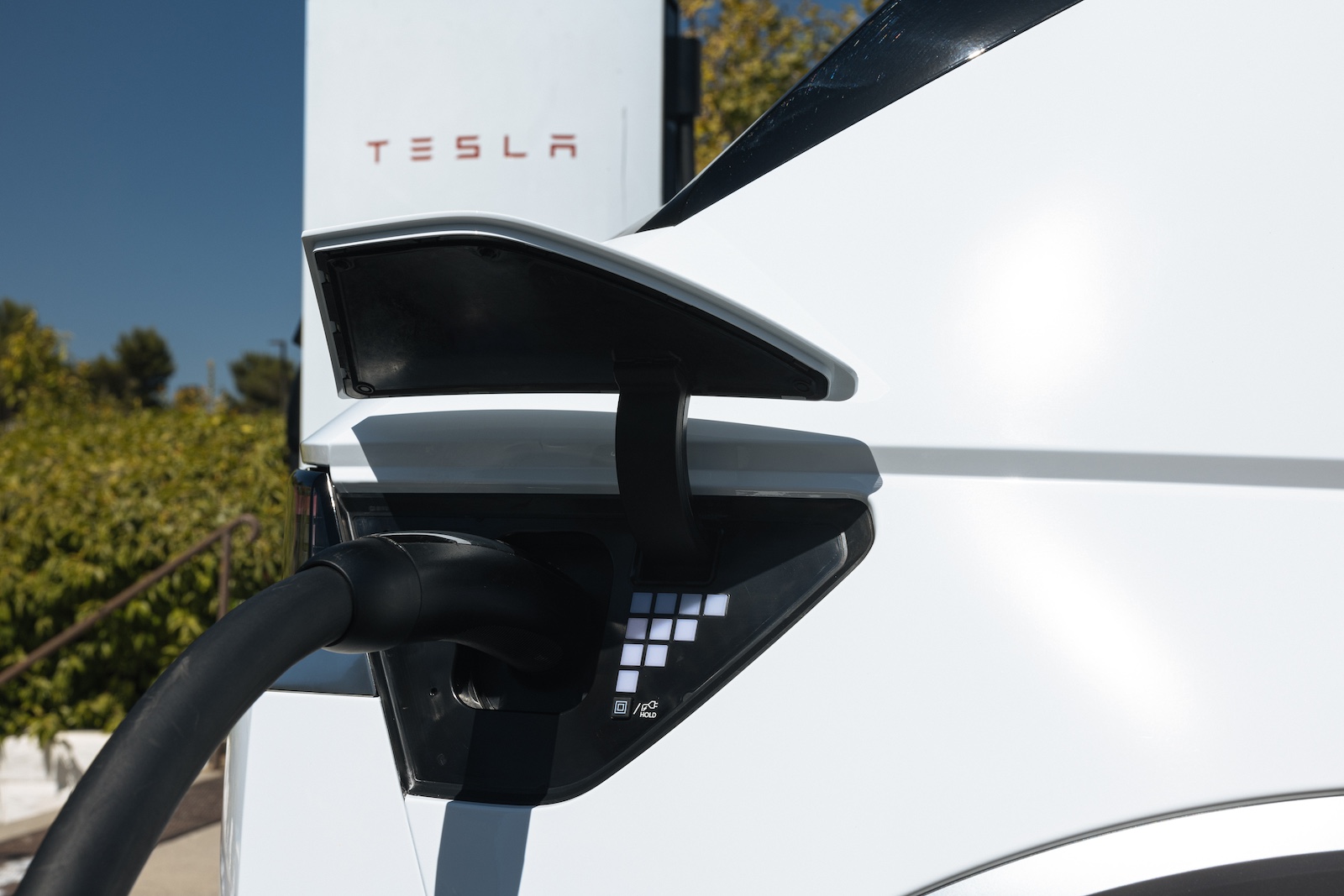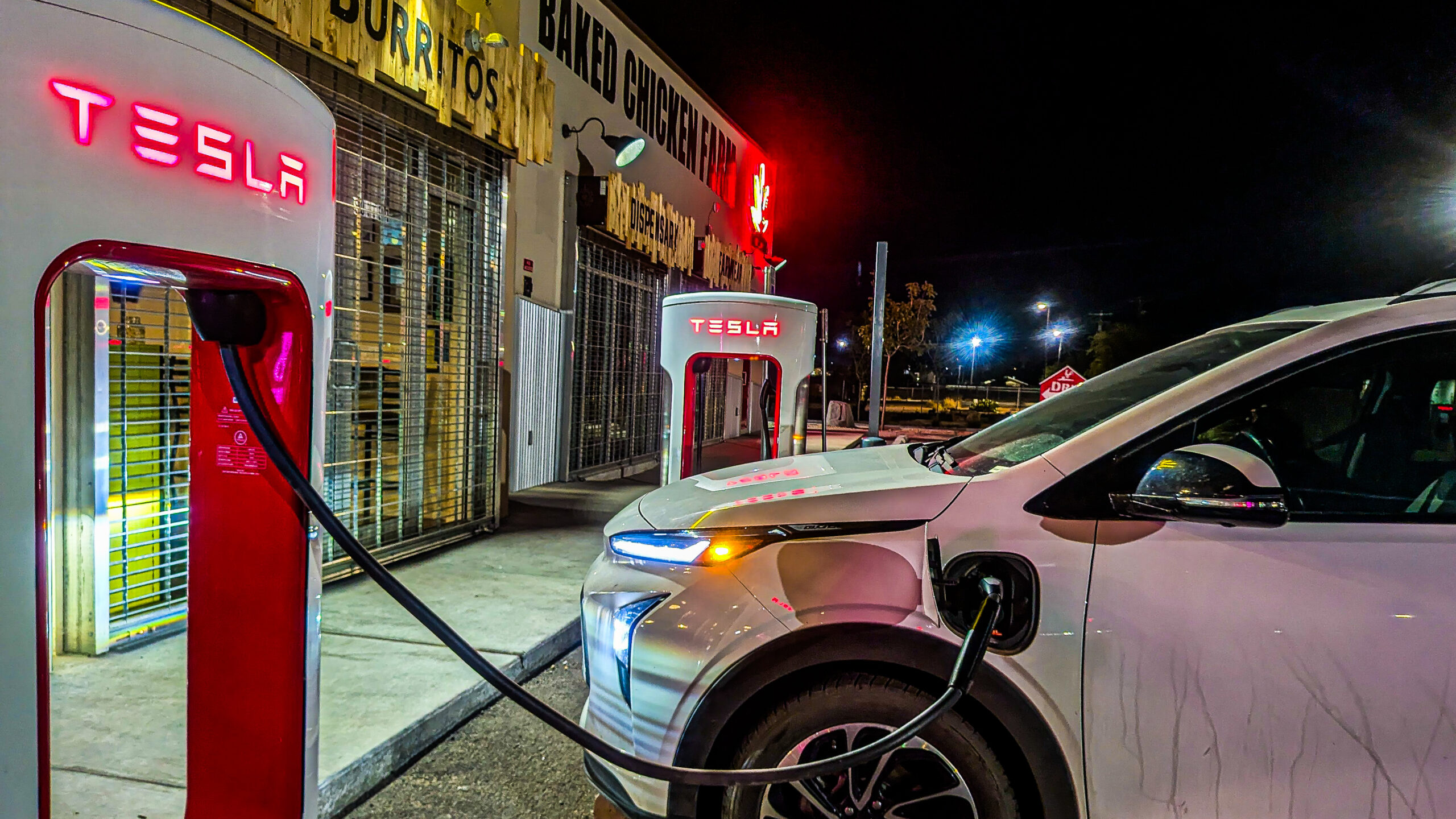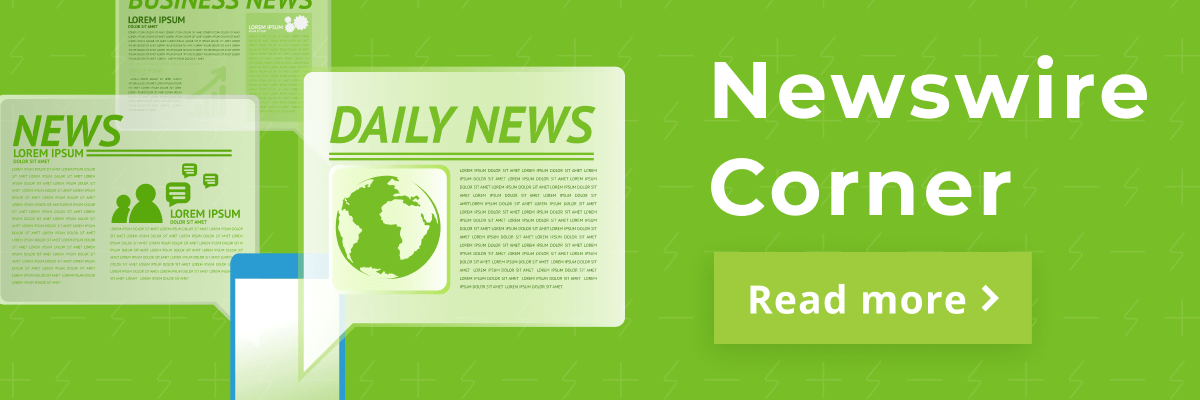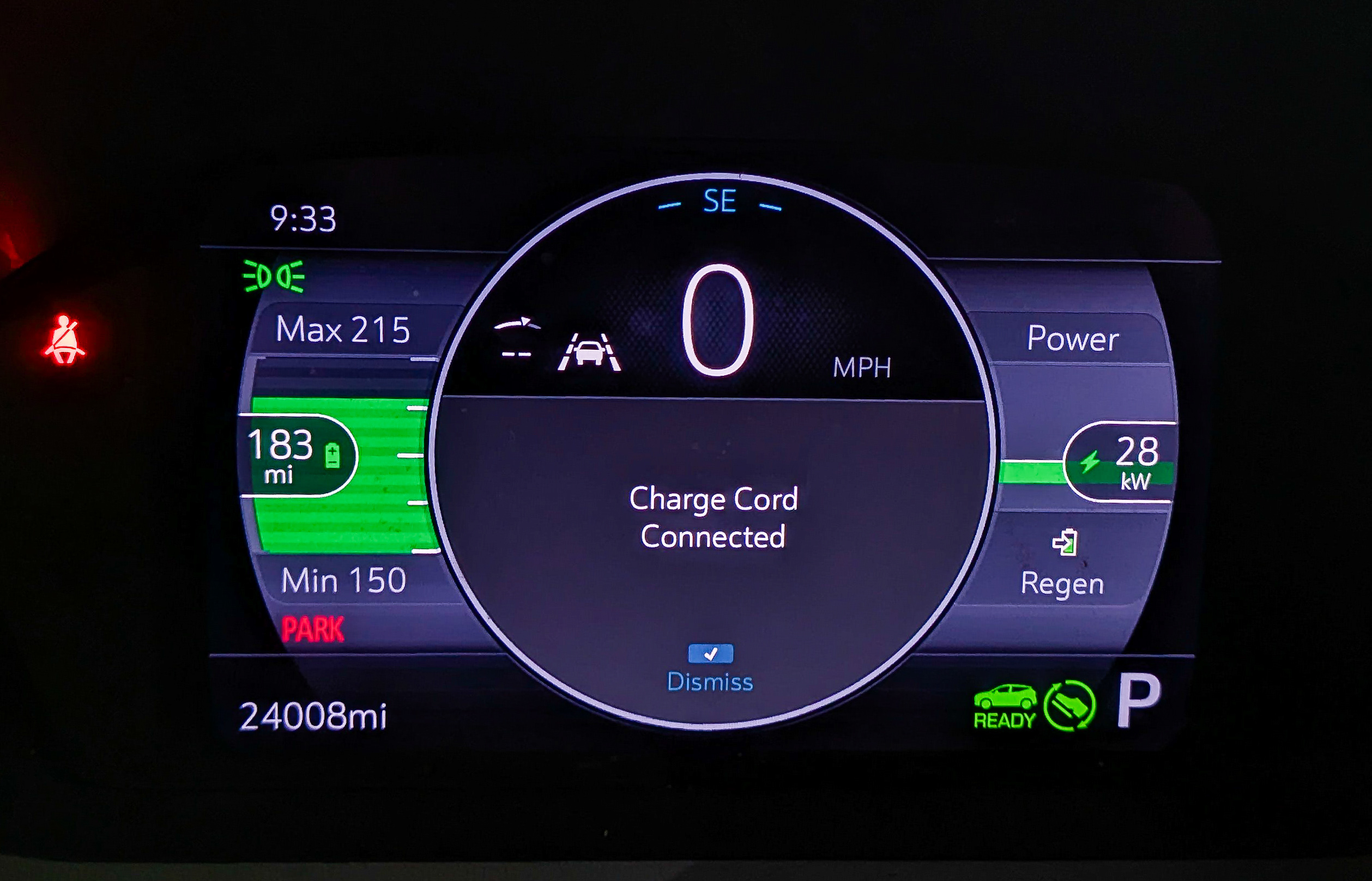Sign up for daily news updates from CleanTechnica on email. Or follow us on Google News!
It’s really happening. A mere 7 years after we published an open letter to the Renault-Nissan Alliance pushing it to join the Tesla Supercharging network, and I think a couple of years after we had started recommending other automakers join the Supercharger network, the first non-Teslas can use many of the Superchargers in the US.
EV owner surveys for years told us that one of the most important factors for which EV they’d buy next was whether it had access to Tesla’s Supercharger network or a comparable superfast charging network, which there wasn’t back then and there really isn’t still (though, there are workable alternatives now). In fact, that was the critical factory for a huge portion of respondents.
So, it’s long been a question in my mind how the market would change if automakers joined Tesla’s Supercharging network, something that has been on the table for about a decade. Now, with much more competitive EVs on the market in general and almost every automaker joining the network, that question gets even more interesting.
I think there are two vastly different ways this could go. (And, of course, also some options in between these two extremes.)
In scenario one, many buyers who were only going to buy a Tesla for Supercharger access decide to go with a different EV (from Ford, GM, Hyundai, Kia, Rivian, or some other automaker). Tesla sales droop over time, and the company struggles to regain its sales heights of 2023 or 2024. In this extreme scenario, you could even say that many Tesla owners discover other EVs aren’t so bad after all, find out that they have their own benefits and appeal, and decide to defect to these other brands in significant numbers when it comes time to buy a new car.
In a scenario on the other end of the spectrum, non-Tesla EV owners discover more and more from visiting Superchargers the ways in which Tesla vehicles are superior. This grows Tesla’s share of the US EV market again, and even leads to Tesla dominating the US auto market as it transitions to EVs. Also in this extreme scenario, EV drivers favor Tesla Superchargers more and more, leaving alternative charging stations to miss their utilization targets and causing these EV charging networks to go out of business. With that being the case, Tesla develops an effective monopoly on fast charging and can earn hefty profits charging EV drivers for … charging.
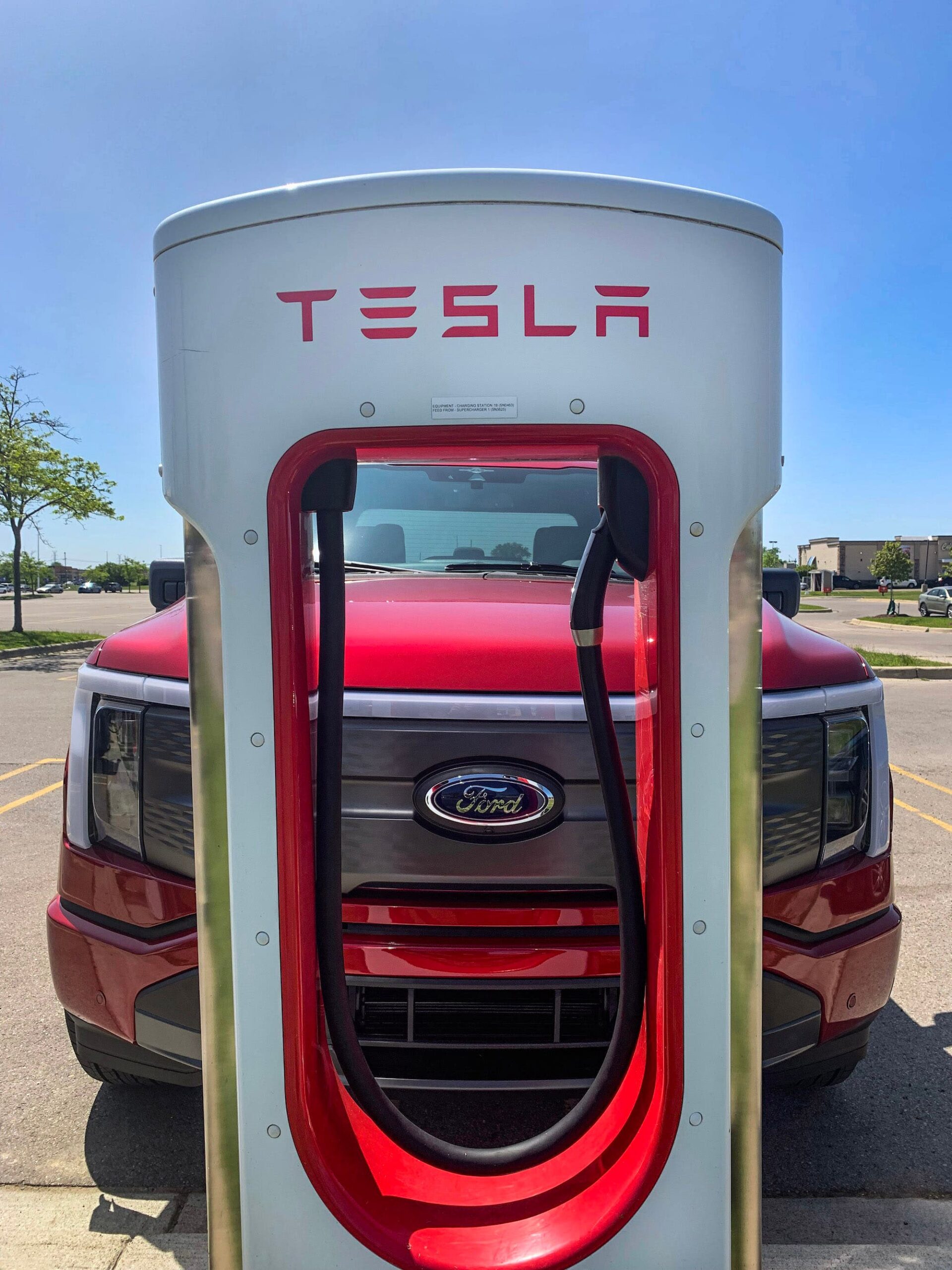
Naturally, something in the middle of those extremes is most likely. More realistically and more simply, the question may just be: who gets more net positive sales, or conquest sales, from Tesla Supercharger access opening up? I actually do think it will be other automakers for one basic reason. It seems there were many people who would have bought another EV instead of a Tesla if it wasn’t for the much superior Tesla Supercharger network. Now, buyers with those preferences can buy a non-Tesla and get access. On the flip side, I don’t think there were a lot of non-Tesla EV buyers who were unaware of Tesla vehicles, who were oblivious to their benefits, and who would have bought a Tesla if they had only run into one at a charging station. I just don’t see how that could be, given Tesla’s penetration, popularity, and dominance of the US EV market.
Of course, the future isn’t the past. As more mainstream buyers get into EVs, they may actually be less aware of Tesla and Tesla vehicles. They may buy an EV because they go to a dealer for a new car and discover an EV, or because they keep seeing ads for an EV from a legacy automaker and get one but don’t know much about Tesla vehicles. In those cases, if those less informed buyers do use Superchargers on road trips or around town, they could have their eyes opened to the Tesla appeal by exploring vehicles at charging stops. As EV adoption broadly goes up, that could lead to Tesla just getting more and more of the overall auto pie. Though, I just think that, realistically, more EV shoppers now are going to have the freedom to buy a non-Tesla and not have to worry about charging on a road trip, and a portion of them will do that.
We shall see. Of course, that said, we can’t really test how this change alters the EV buying landscape in the coming year, because just at the same time as Supercharger access is opening up, Elon Musk is getting heavily involved in other matters and pushing many people away from the Tesla brand. We’re not going to be running any regression analyses to tease out which factors drove people to or away from Tesla and which didn’t. But let’s see who grows their EV sales faster in the US — Tesla or other automakers.

Have a tip for CleanTechnica? Want to advertise? Want to suggest a guest for our CleanTech Talk podcast? Contact us here.
Latest CleanTechnica.TV Videos
CleanTechnica uses affiliate links. See our policy here.
CleanTechnica’s Comment Policy

